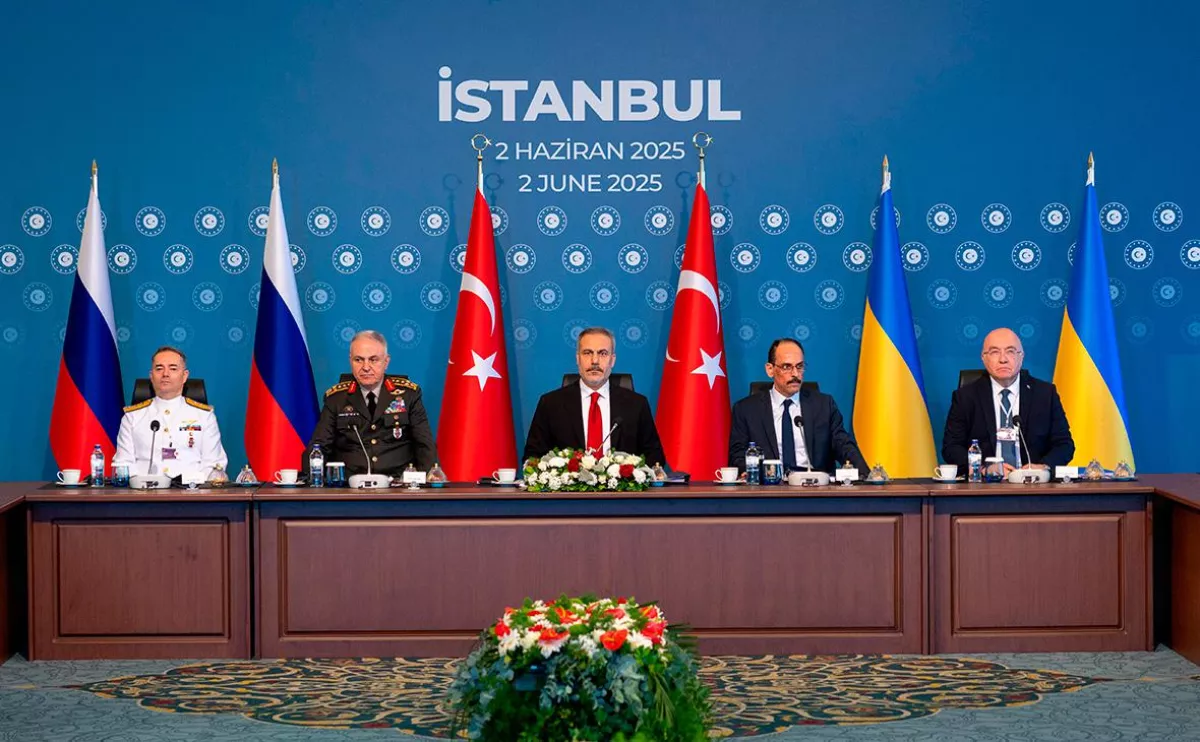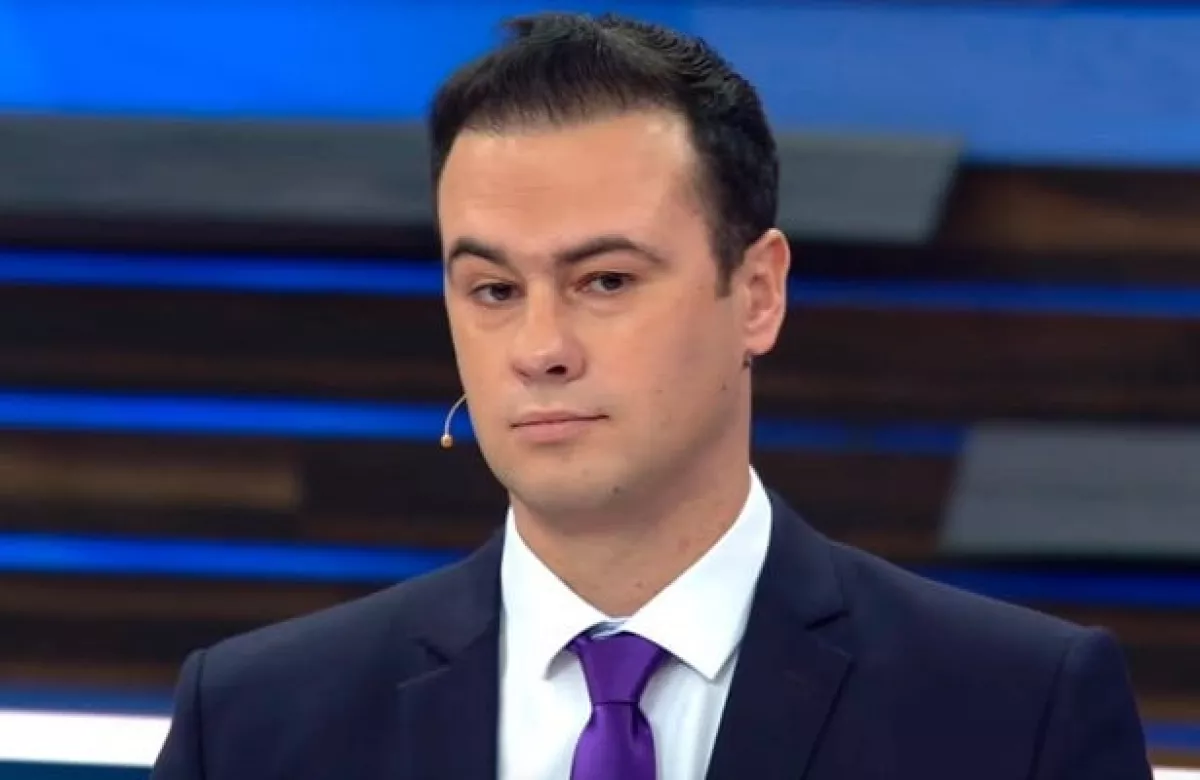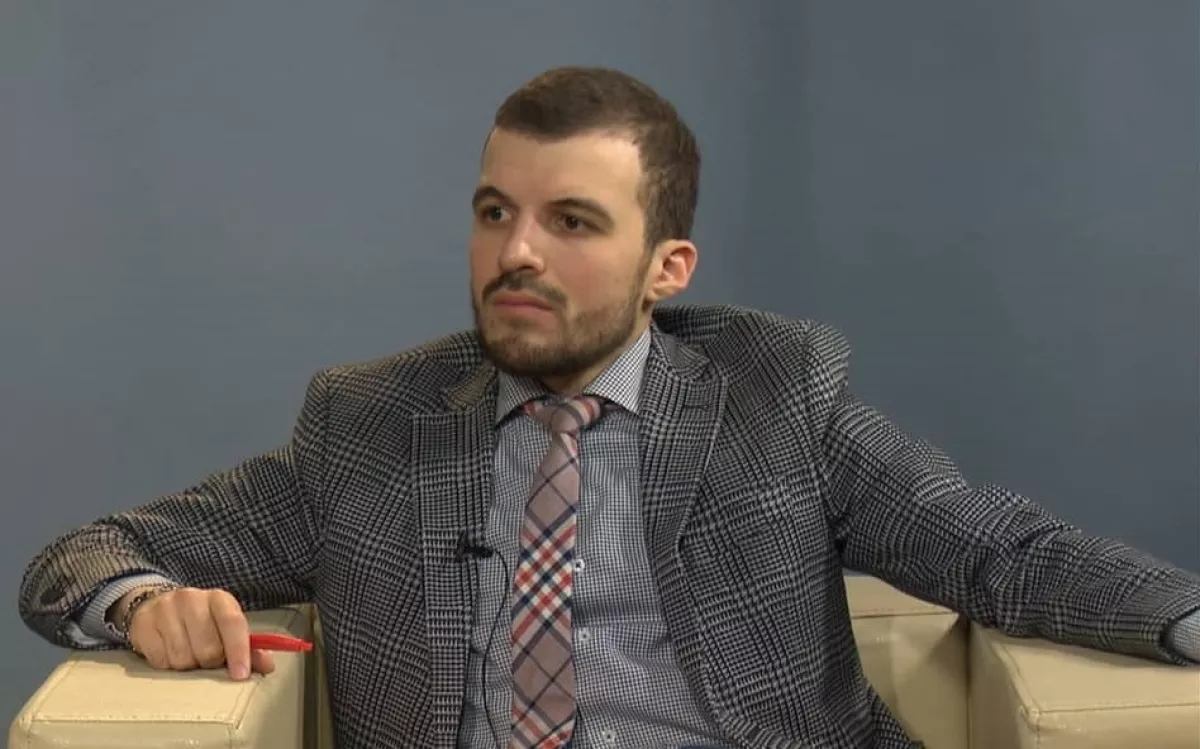Third round of Türkiye talks: Is peace possible between Russia, Ukraine? Expert opinions on Caliber.Az
Russia and Ukraine will take another go at an attempt to reach an agreement, though this seems unlikely against the backdrop of the escalating military actions.

According to a statement by Turkish Foreign Minister Hakan Fidan, Türkiye is awaiting a response from the Ukrainian side for the hosting of a third round of negotiations, noting that Moscow has already confirmed its readiness to participate.
The West’s position on the conflict, meanwhile, is also shifting. US President Donald Trump, for instance, has stated that he is "very unhappy” with Moscow's actions and intends to resume all-encompassing military assistance to Ukraine. The EU, which had adopted a wait-and-see approach for some time, is now considering allocating €100 billion to establish a support fund for the country.
“What are your thoughts on the prospects of a new round of negotiations in Türkiye?”, “Will the Americans' promises to resume aid strengthen Kyiv’s position?”, “Whose side is Trump really on?” — these are the questions that Caliber.Az posed to Russian and Ukrainian political analysts.

Ukrainian international affairs expert Maksym Yali is rather pessimistic about the prospects of the upcoming negotiations.
"I believe the most that can be achieved in these talks, as with the first two rounds, is progress on humanitarian issues, such as prisoner exchanges. Even Trump has now realised that Putin has no intention of halting military actions and is seemingly determined to continue the war. As we’ve seen, the frequency and intensity of the shelling have significantly increased in recent weeks and months, and there have been no tangible results either from the Trump-Putin talks or from negotiations in Türkiye — at least not when it comes to ceasing hostilities or reaching concrete agreements," he said.
As for the readiness of Ukraine’s allies to provide support, Yali expressed doubts about the speed and effectiveness of their assistance.
“The question is to what extent the US will renew aid to Ukraine. Let’s start with the fact that the aid packages we are currently receiving were approved last year by the previous administration. Since then, no decisions have been made on new military aid packages for Ukraine. Moreover, Trump has stated that the US will resume aid in defensive weaponry, but it’s not entirely clear how broad the range of American arms will be — so it’s still too early to celebrate. The EU’s plans won’t take effect immediately either. For now, Ukraine is fighting with what it has, and it’s unlikely that anything will change dramatically in the near future,” the political analyst stressed.
In his view, Trump is acting in support of the United States and its national interests such as he interprets them. His key task, including decisions related to postponing new sanctions and increasing military aid to Ukraine, is oriented toward those interests.
“The main goal is that Trump wants to drive a wedge between Russia and China, which he sees as the primary threat to US national security and global leadership.
He believes that Russia and China will, at least, slow down their economic growth and potential without natural resources. He is therefore ready, in theory, to make serious concessions to Russia regarding the so-called post-Soviet territories, even allowing Ukraine back into its sphere of influence; but only should Putin agree to, let’s put it this way, reduce cooperation with China and increase security cooperation, including with the United States,” concluded Yali.

Meanwhile, Russian political analyst and CIS expert Aslan Rubayev believes that a breakthrough in the negotiations is possible if both parties are willing to compromise.
“At first glance, the prospects for the Russia-Ukraine talks in Türkiye, despite Fidan’s statement about Moscow’s readiness, remain uncertain. Confirmation of participation does not guarantee a constructive dialogue or the reaching of compromises. Among the factors dampening optimism is the fact that Russia’s and Ukraine’s positions on key issues [territorial integrity, security, guarantees] remain diametrically opposed. Without a willingness to make mutual concessions, the negotiations are doomed to fail, and after multiple breakdowns of previous attempts, the level of trust between the parties is extremely low. Any agreements reached will be subject to doubt and tests of durability.
External influences are also working against any progress: the position of Ukraine’s Western allies and their willingness to continue supporting Kyiv significantly impact the negotiation process. The West maintains a tough pro-war stance, and within Ukraine, there are forces interested in prolonging the conflict and unwilling to compromise,” the political analyst noted.
However, he believes there are hopeful aspects as well, one of which is Türkiye’s mediation: “As a country that maintains good relations with both sides, Türkiye can play an important role in organising and sustaining the negotiation process.”
The analyst also points out that fatigue to the conflict works in favour of successful negotiations, as the ongoing hostilities cause tremendous human and economic losses for both countries. Sooner or later, the realisation of the need to end the conflict may become a driving force for the search of compromises.
“The threat of further escalation, including the use of weapons of mass destruction, also pushes the parties toward seeking a diplomatic solution. Therefore, in my view, the chances of success for the negotiations in Türkiye are slim, but they cannot be completely ruled out. Much will depend on the willingness of the parties to reconsider their positions and make concessions, as well as on external factors and the internal political situation. Even if the negotiations do not lead to an immediate breakthrough, they can become an important step toward de-escalating the conflict and laying the groundwork for future peaceful settlement,” Rubayev concluded.








